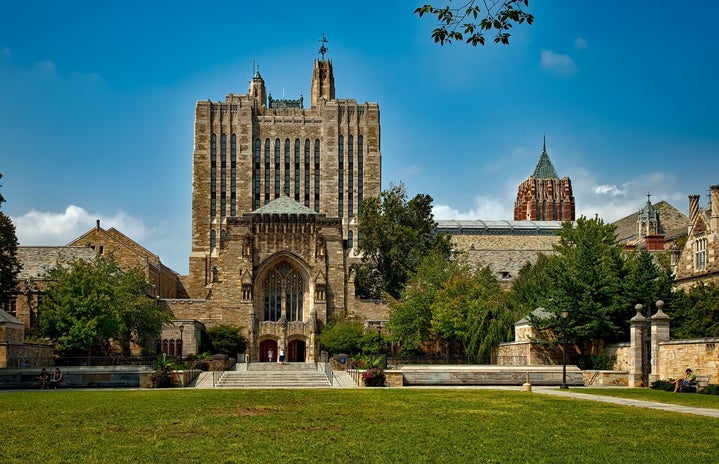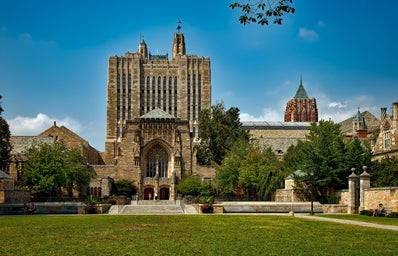All photos were taken by the author.
An uneaten waffle. An entire omelet. An uneaten apple. An entire bowl of fruit. An entire piece of grilled chicken. An entire bowl of cereal. Food waste is constantly being produced at dining halls on campus.
Food waste is a prevalent issue around the globe and college campuses are one of the contributors, throwing away 22 million pounds of food each year in the nation, according to The DePaulia.
Sodexo, George Mason University’s dining service managing company is currently partnering with the Campus Kitchen chapter at GMU, hosting a weekly “Weigh the Waste” event at Southside dining hall from 11 a.m. to 1 p.m. every Wednesday.
This weekly event will be running through the end of the semester and will be then taken over by the Campus Kitchen chapter at GMU with possible future expansion in regards to location, hours and frequency.
“Weigh the Waste” was initiated with the attempt to raise awareness about food waste and food insecurity among the George Mason University community through giving students a visualization of how much food waste the student body is producing every day.
75+ pounds of food waste is recorded between the two hours every week, with 76.2 pounds of food waste being the amount on April 10th.
Campus Kitchen volunteer and Environmental and Sustainability studies student Colleen Regan said, “Unfortunately, students don’t always think about food waste as an issue because it’s not something where the impact is symmetrical to what you see happening day to day. So the event helps make food waste a more visible issue at GMU. It also encourages people to learn more about the environmental impacts of food waste.”
For “Weigh the Waste”, an information table, compost and recycle bins, and a scale is positioned near the dish return area in Southside every Wednesday. Volunteers are stationed during the event to guide and assist students to categorize their food waste and dump them into designated bins.
Volunteers will weigh the bins every 20-30 minutes and keep track of the data. At the end of each session, volunteers bring the bins with compostable food wastes to the composting station by Innovation Hall on campus and proceed with the composting process.
Volunteers at the event mostly include Campus Kitchen volunteers, Medical Association members and students in Mason’s sustainability programs.
“It’s really eye-opening to see how much food waste we collect at our events. I hope students will notice and start making more conscious decisions on how much food they take from the dining halls so that we can reduce our overall amount of waste.”, Campus Kitchen volunteer Rachael Nicoletta said.
The Campus Kitchens Project is a national program founded in 2001 with the mission to raise awareness on food waste and food insecurity issues in the country. Campus Kitchen has chapters in many universities and high schools all over the nation and they collect unused, edible food wastes from dining halls and redistribute them to the local community to people in need.
Aside from redistributing food, Campus Kitchen chapters also do other events related to the cause, such as “Weigh the Waste”, community meals at local shelters, churches and retirement home, food drives, collecting unsellable food ingredients that are still in great condition, and so on.
For more information on the event and the Campus Kitchen chapter at GMU, contact the Marketing Chair Marina Li via mli24@gmu.edu, or feel free to browse through the chapter’s social media platforms. “The Campus Kitchen at George Mason University” (or @ckgmu) on Facebook, @ckgmu on Instagram and @ck_gmu on Twitter.
Collegiettes, let’s all be more conscious about our food waste and help limit them as best as we can to save the environment and give our Mother Earth some love while celebrating Earth Month!



